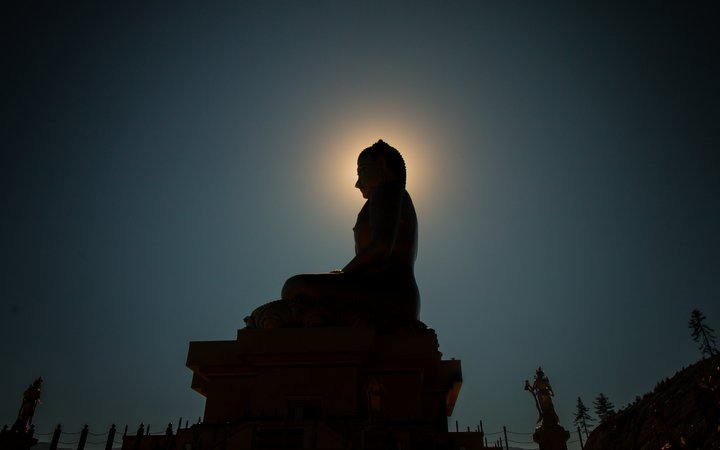Are you constantly worried about the opinion of others? Are you feeling unmotivated and unsatisfied? Are you lacking direction? These are symptoms of a life without purpose. Here’s a little more on this topic and what we can do about it.
When we lack purpose in life, we default to playing the social game. We live enslaved by the opinion of others in an uncomfortable and empty existence. Our lives do not bring us satisfaction as it’s not really our lives. This type of life leads easily to depression and chemical abuse.
Having a purpose in life promotes physical and psychological well-being. “[Researchers] found that people who had a weak purpose or no purpose in life were 2.4 times more likely to develop Alzheimer’s disease than people who had a strong purpose in life. People with a strong purpose have been shown to live longer, to be less likely to get heart attacks and less likely to get a stroke,” says Dr. Strecher of the University of Michigan. A life without purpose saps your energy and drives you to sickness and despair. Life becomes literally pointless. That’s no way to live. You need a purpose.
Using success markers as purposes doesn’t work. A success marker – money, a car, a house, a promotion, 100,000 followers on Instagram – is part of the fantasy paradigm, existential empty calories. It will not enthuse you for the simple reason that a success marker is not a true gain; it’s just a way to push back the goal line. Being accepted to a university, for instance – is it an end in and of itself? No – you just want a college degree so you can proceed to goal two, getting a good job. But is that it? No, you want the job so you can reach goal three: a good salary and social prestige. Is that it? Again, no. You wanted those so you could reach goal four: getting married and raising a family. Then what? Is getting married and having children the ultimate purpose of your life? That doesn’t work either. You will have a life beyond marriage, and your children will grow up. Then what? Goal five? Retirement? You get the idea. These goals are not purposes. They don’t define your essence or the meaning of your life.
A purpose is specific to your vocation, the first dharma category. If your vocation is teaching, for instance, your purpose may be “to transform the world by teaching children to discover their essence and to practice compassion.” If you’re into politics and human rights, it might be “to give a voice to the oppressed, fight inequality, and end the suffering caused by bad governance.” An entrepreneur might say, “to create something that will improve how my customers live.” These are lifelong lasting purposes. A purpose that is true to your essence will get you out of bed in the morning and fill you with enthusiasm, day after day, year after year, for the rest of your life. There is no retirement when you’ve found your purpose. It’s a joyful task, the quintessential labor of love, even with all the troubles, setbacks, and doubts you’ll experience along the way.
It’s great to find your purpose in life, but as a yogi you could go even further and ask yourself what is the ultimate purpose in life. After all, your vocation is just part of your current karma, who you are for this life only. When you die, whatever goal you have for this life will be finished. As a yogi, you could add an ultimate purpose to your life – something like “to become fully enlightened, achieve unlimited bliss, and meet God face-to-face.” Now that’s a truly spiritual and eternal purpose for the soul.
After all, if you’re going to die and everything will be destroyed in due time, what is the ultimate good of any material objective? If you cannot find a purpose that transcends not only your death but everyone’s death, which is inevitable, and even the end of the universe, you have not achieved your full potential. So it’s essential to go deep and embrace the ultimate purpose of life: self-realization, full awareness of reality, and pure love.
Having an ultimate, transcendental purpose to your life will push you forward, give meaning to your life and focus your determination, help you through dark times, and give you total clarity. You’ll know how to establish your priorities, what is useful and what is not, and what success really is.
In my book, “The 3T Path” (https://3tentesting108.com/books/) I explain in detail the concept of dharma, which means finding meaning in everything you do, aligning every moment of your day to your essence, to living your true nature.
Check out my video on this topic here.
Check out what they are saying about my book, “The 3T Path”: “A life saver!” – Ivan Llobet



















